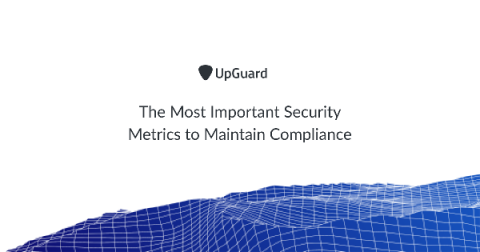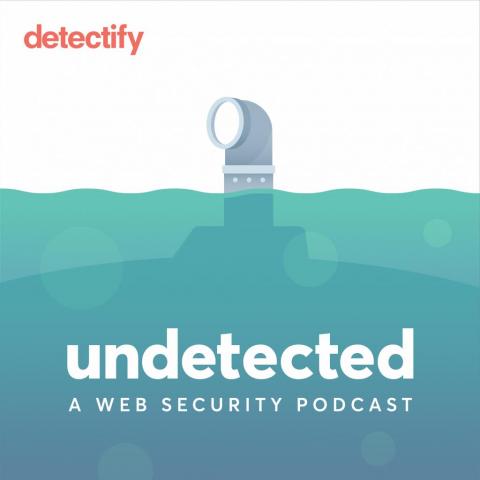Key Steps to Manage Operational Risk
Earlier this week, we shared the Reciprocity response to COVID-19. As the seriousness of this pandemic grows, our thoughts are with all of our employees, customers, and partners who are affected. We want to reiterate that our priority is to uphold our commitment to our customers. We know that many of you are concerned about the impact on your business operations, specifically supply chain issues you might be experiencing or anticipating.








